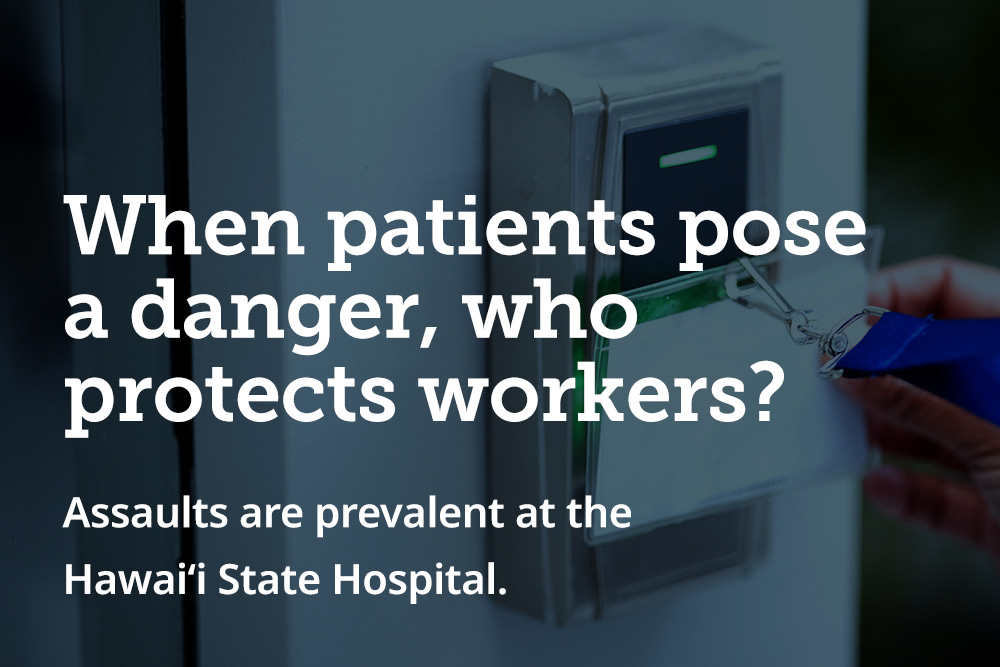The EU banned these chemicals because of their danger to honeybees, but they are believed to be harmful to humans—and they are in use in the United States.
After a scientific review, the European Union has decided to implement a complete ban on neonicotinoids, a group of pesticides killing honeybees and affecting crop pollination. This full ban goes into full effect at the end of 2018 and enhances a previous limited ban in force since 2013. Pursuant to the ban, neonicotinoids will only be allowed in greenhouses where there is no contact with bees or other pollinators.
What are Neonicotinoid Pesticides?
Neonicotinoids are pesticides that affect the central nervous systems of insects. These pesticides get their name from their basic chemistry which is similar to that of nicotine.
There has been a significant decrease in the bee population in the last few years and scientists suspect that there is a connection between neonicotinoids and colony collapse disaster (CCD). CCD is “the phenomenon that occurs when the majority of worker bees in a colony disappear and leave behind a queen, plenty of food, and a few nurse bees to care for the remaining immature bees and the queen.” The decreased bee population directly affects crop production because the spread of bee pollen is necessary for reproduction.
Neonicotinoids have been popular in agricultural and commercial ornamental production because they are effective in guarding against a wide range of insect pests. However, if neonicotinoids are harmful to honeybees and other insects, it begs the question, what is their effect on humans?
Effects of Neonicotinoid Pesticides on Humans
In 2014, the European Food Safety Commission (EFSA) found that the neonicotinoid pesticides (acetamiprid and imidacloprid), which are linked to bee deaths, are also harmful to humans. Acetamiprid (ACE) and imidacloprid (IMI) obstruct the normal development and function of the nervous system in children and damage brain structures and functions associated with learning and memory.
The Plant Protection Products and their Residues Panel (PPR) found that the guidance levels for acceptable exposure to ACE and IMI may not protect humans and should be reduced. In addition, a 2012 study on the nicotine-like effects of neonicotinoids showed that ACE, IMI, and nicotine exert similar excitatory effects on mammalian nicotinic acetylcholine receptors. Therefore, the neonicotinoids may adversely affect human health, especially the developing brain of fetuses and young children.
It is well documented that pesticides contain toxic chemicals that in some instances can cause birth defects in children whose parents were exposed through agricultural work. Parents whose work requires direct contact with pesticides, as well as those who live in close proximity to agricultural areas, are at a high risk of exposure to toxic chemicals leading to birth defects and complications.
How Can Galiher DeRobertis & Waxman Help?
While we are not doctors, our lawyers work with highly-qualified scientific and medical professionals to determine if a reported birth defect is related to a parent’s exposure to pesticides. Our lawyers are experts in successfully representing families injured by defective products and corporate negligence. We provide free initial consultations and will meet with you to evaluate your claim with no obligation on your part. If your child has pesticide-related birth defects, he or she may have a claim against the company responsible for that pesticide exposure. Please get in touch with us for a free case evaluation and learn more about your legal options.






